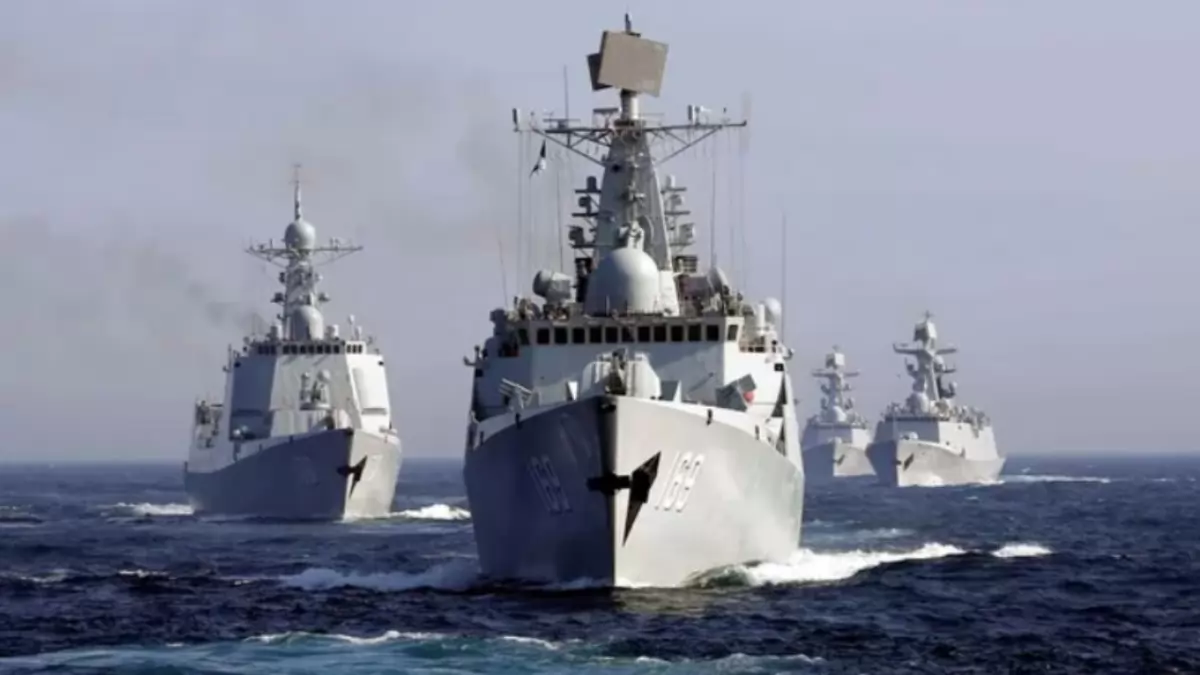
USA Today
North Korea has announced the successful testing of a nuclear-capable underwater attack drone named ‘Haeil-5-23’ in response to joint naval exercises conducted by South Korea, the United States, and Japan. The country's defense ministry, as reported by the Korean Central News Agency (KCNA), stated that the US and its allies were ‘seriously threatening the security’ of North Korea and destabilizing the regional situation.
The statement from North Korea emphasized the development of its "underwater nuke-based countering posture" and vowed to continue various maritime and underwater actions to deter what it perceives as hostile military manoeuvres by the navies of the US and its allies. The warning included mention of ‘catastrophic consequences’ for the US and its followers.
North Korea had previously claimed to have tested the underwater drone, highlighting its capability to execute sneak attacks and generate a ‘radioactive tsunami’ through underwater explosions. However, the weapon's operational capabilities have not been independently verified, and South Korean officials have cast doubt on the extent of its capabilities, suggesting they may be exaggerated.
The recent joint naval drills involving the US, South Korea, and Japan included nine warships, including the USS Carl Vinson aircraft carrier. These drills were conducted off South Korea's south coast in response to North Korea's announcement of testing a new solid-fuel missile equipped with a hypersonic warhead.
Nonetheless, tensions on the Korean Peninsula have escalated due to North Korea's continued weapons tests and the leadership of Kim Jong Un rolling back efforts toward reconciliation with South Korea. It was only recently that Kim ordered the closure of several government bodies dedicated to inter-Korean rapprochement, stating that reunification was no longer considered possible. Additionally, nuclear envoys from the US, South Korea, and Japan gathered in Seoul to condemn North Korea's weapons tests and its trade in armaments with Russia.





Copyright © 2025 Top Indian News
